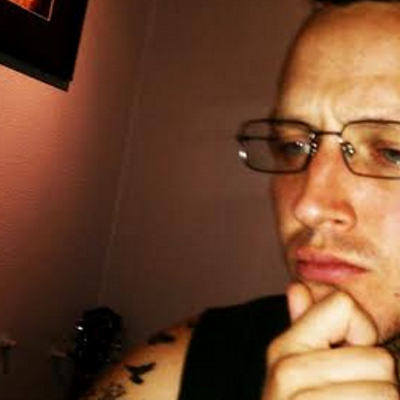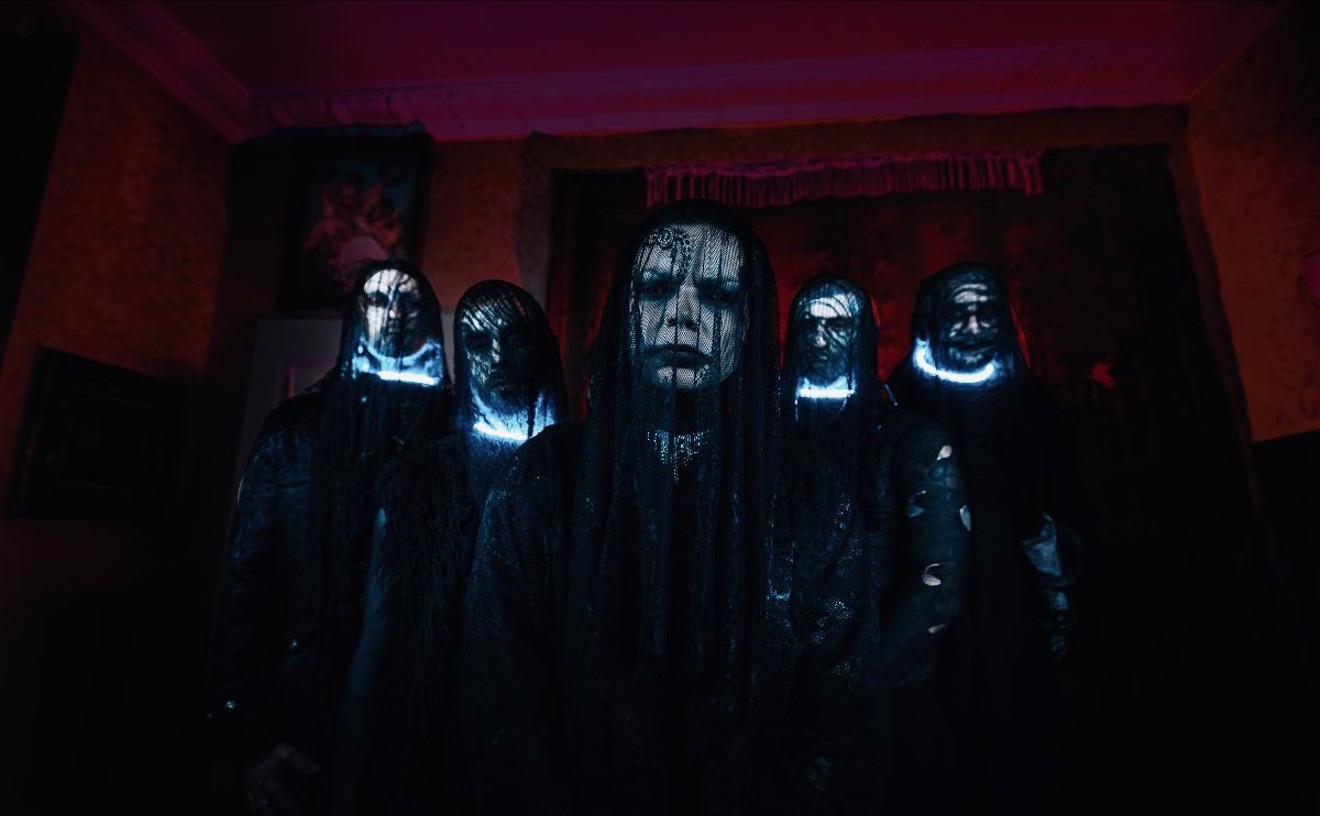Charleston, South Carolina's Shovels & Rope, which plays the Ogden Theatre on Friday, November 18, and Saturday, November 19, knows that some seeds are worth watering, allowing them to grow and bloom — while others are best left in the cold, dark ground.
The band, made up of former Arvada resident Michael Trent and his wife, Cary Ann Hearst, just released its fifth album, Little Seeds, in October, with subjects ranging from the flowery and triumphant to the dark and deadly. Trent and Hearst spit fire and venom toward heavy topics like Charleston shooter Dylann Roof but still manage to sound sweet and playful elsewhere, largely because of their tight musical connection and the cultivation of their most important "seed" yet: their daughter, Louisiana Jean.
We caught up with the two musicians and asked them about the balance of addressing the world's issues while remaining hopeful for their daughter's future.
Westword: A lot of the songs on Little Seeds tackle some pretty heavy subjects, but some are told from a third-party perspective. Is it easier to say some things when you take on another persona?
Cary Ann Hearst: I don’t know — maybe that’s why we do it. I’m sure a psychologist would say that's true, [laughs], but it’s not something we think about too much...until you just mentioned it.
I’d really love to not be influenced by the news and what I see on television. We're all being poisoned to death slowly. Literature is always a good place to look for inspiration. There’s no story ever told that wasn't a true story to some degree. I think being a writer is looking at the word with empathy and understanding and instilling human experience in three- to four-minute songs.
You recently became parents. How is the balance of being full-time musicians and parents?
Hearst: Having our baby on the road isn't that hard. It's easier on the road than it is at home in a lot of ways. On the road we have a very structured day and we have help. At home we don't have grandparents. We do have some helpful neighbors, but as new parents, it's been hard there. It’s hard for me to carve out time and creative head space to write new material. The day-to-day on the road is easy because of our nanny.
Forward-thinking parents are always finding ways to expose their children to the world and making sure they see a lot of it. It's got to be nice to have that advantage as touring musicians.
Michael Trent: That’s one thing that we’re really excited about. She’s still very small and doesn't understand what’s going on, so she won't have any memories of this tour. But in the future, we just look differently at the cities we will be in and think how great it will be to take her certain places. I think that’s exciting and something to look forward to.
“BWYR” is about last year’s shooting in your home town of Charleston. As parents, was it hard to see that and not want to relocate your family?
Trent: We were already down the line when that happened. Carry was pregnant and we were actually in Denver having a baby shower with my family.
Hearst: We weren’t gonna move! Our whole community defied that motherfucker! The whole city put a middle finger up to hate. Holding hands and walking across the [Arthur Ravenel Bridge] isn't gonna fix the problems that plague our nation, but it helped.
Being a married couple and being in a band can lead to some difficult discussions. When these arise, is it best to look at each other as bandmates or husband and wife?
Hearst: It's hard for us to separate the two. It's hard to compartmentalize if you're talking to your bandmate or your [spouse]. You have to be sweeter to each other than you would a bandmate. You can’t let passive-aggressive shit fall under the table that you might if it were just a bandmate. You have to address everything, because it’s a matter of family, and that’s the most important thing. Family trumps music.
Trent: You have to know that you're gonna stick it out no matter what. You have five guys in a van who can’t get their feelings out, because you don't have to. Because you can separate with them and that’s fine. But if there’s an issue that needs to be addressed [with your partner], it will show up at the breakfast table.
Michael, you grew up in Arvada. What was your experience with Denver music while you were here?
We [Tinkers Punishment and the Films] used to play at Herman's Hideaway and the Soiled Dove, and they would give us a stack of tickets to sell to get people in the door. We’d play with bands like Opie Gone Bad and Carolyn's Mother on Friday and Saturday nights.
When I was coming up, it was really hard to get gigs if you were under 21, and we all were. I moved to Charleston in 2003, and it just seemed like Denver took off shortly after that. It was around 2006 when it seemed like the community really started to form. It seems a lot different now than it did back then.
Shovels & Rope plays two shows with Indianola at the Ogden Theatre, on Friday, November 18, and Saturday, November 19, at 9 p.m.
[
{
"name": "Air - MediumRectangle - Inline Content - Mobile Display Size",
"component": "12017618",
"insertPoint": "2",
"requiredCountToDisplay": "2"
},{
"name": "Editor Picks",
"component": "17242653",
"insertPoint": "4",
"requiredCountToDisplay": "1"
},{
"name": "Inline Links",
"component": "18838239",
"insertPoint": "8th",
"startingPoint": 8,
"requiredCountToDisplay": "7",
"maxInsertions": 25
},{
"name": "Air - MediumRectangle - Combo - Inline Content",
"component": "17261320",
"insertPoint": "8th",
"startingPoint": 8,
"requiredCountToDisplay": "7",
"maxInsertions": 25
},{
"name": "Inline Links",
"component": "18838239",
"insertPoint": "8th",
"startingPoint": 12,
"requiredCountToDisplay": "11",
"maxInsertions": 25
},{
"name": "Air - Leaderboard Tower - Combo - Inline Content",
"component": "17261321",
"insertPoint": "8th",
"startingPoint": 12,
"requiredCountToDisplay": "11",
"maxInsertions": 25
}
]











